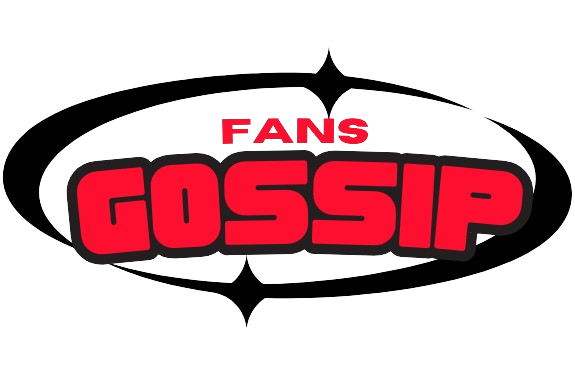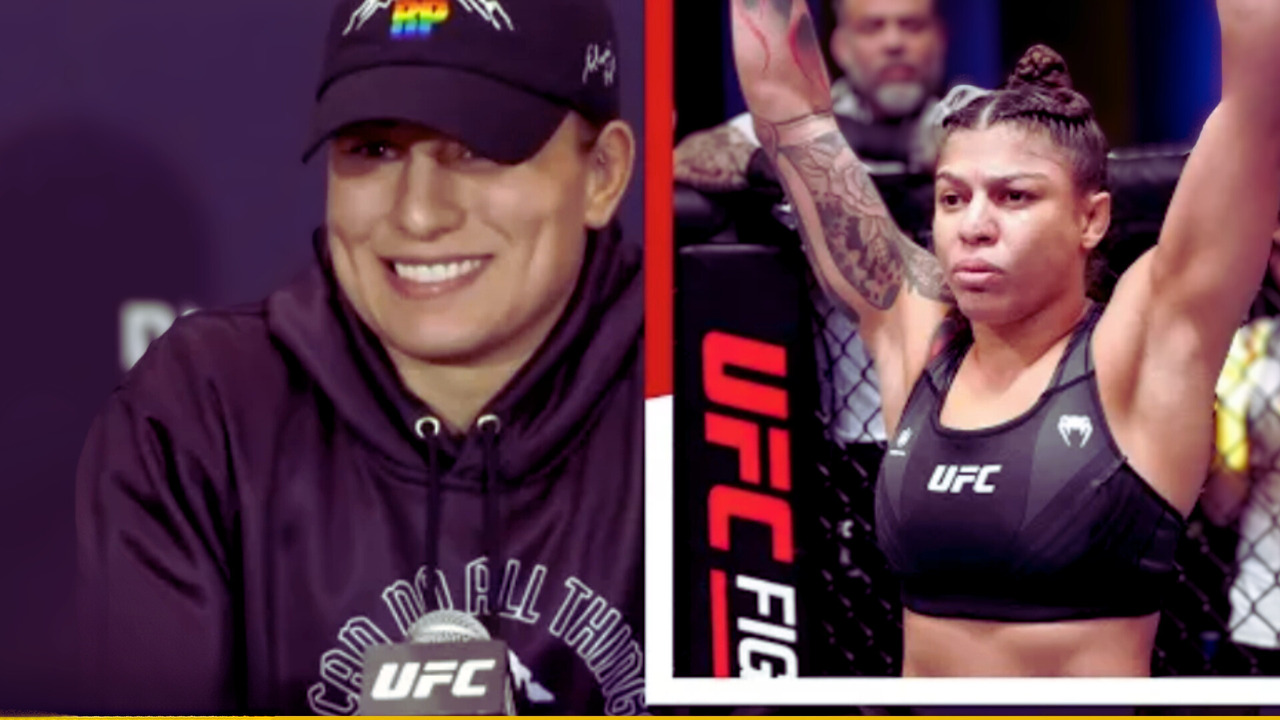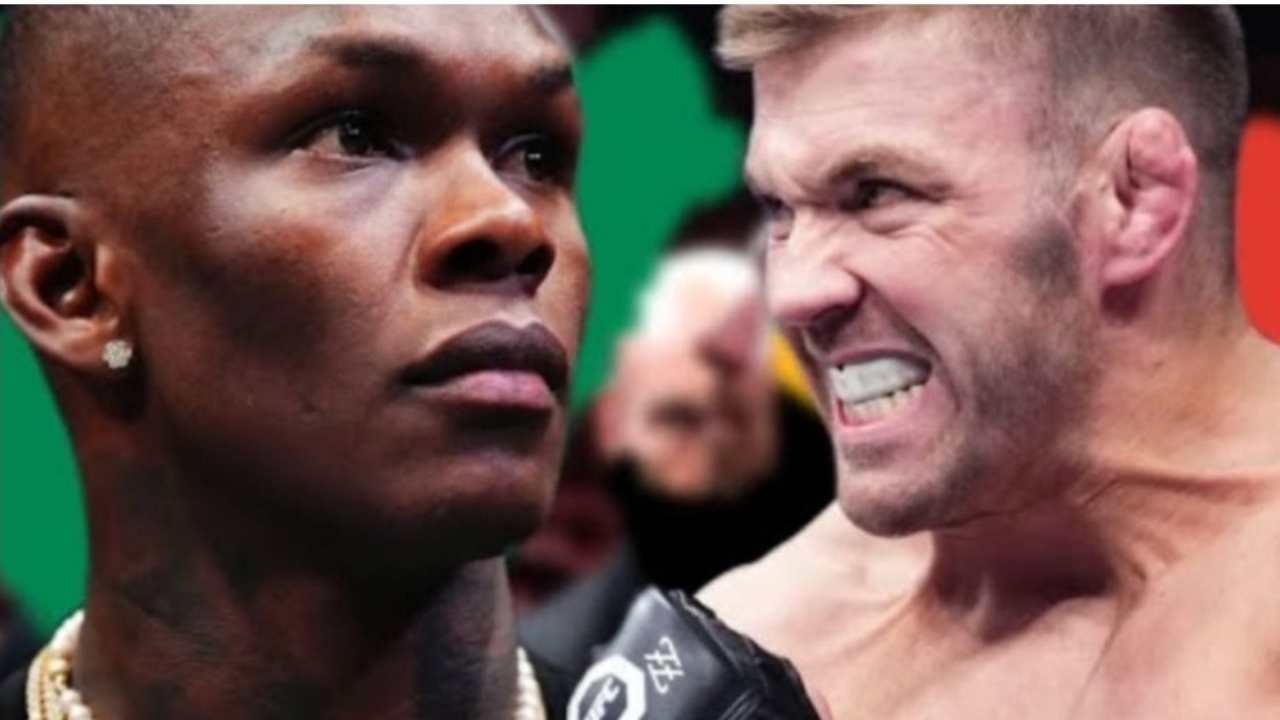Former UFC fighter Alan Jouban voices deep concern over the alarming state of the UFC women’s bantamweight division, labeling it a “wasteland” following Raquel Pennington‘s intense victory at UFC 287.
Raquel Pennington, the newly crowned champion, is set for her first title defense against Julianna Pena, a polarizing figure in the division. However, Pena’s recent inactivity, coupled with a less-than-impressive record, raises questions about her readiness for the challenge. Jouban points out the division’s glaring lack of young talent, spotlighting only two fighters under 30, Karol Rosa and Chelsea Chandler, with a combined 7-4 record and both currently on losing streaks.
New episode of #FightervsWriter out today as @AlanJouban joins me to discuss the fallout from #UFC297, what will headline #UFC300 and the state of the UFC women’s bantamweight division https://t.co/A4e5tacYr3 pic.twitter.com/Ny2187nB5y
— Damon Martin (@DamonMartin) January 23, 2024
The women’s bantamweight division, once adorned with stars like Ronda Rousey, Holly Holm, and Miesha Tate, now faces a stark contrast in its current roster, prompting Jouban’s deep concern for its future. Drawing parallels to the men’s light heavyweight division, which he describes as nonsensical, Jouban highlights the absence of a clear-cut contender or superstar, creating a landscape of constant change in champions.
While Jouban acknowledges Julianna Pena as the division’s biggest draw, he questions her claim to being the best, especially after a one-sided defeat to Amanda Nunes in 2022. He stresses the importance of more than just toughness and trash talk for a champion, pointing out the lack of polished PR skills in other fighters.
Beyond Pena, Jouban struggles to identify a true No. 1 contender or a prospect with potential in the division. A thorough examination of the rankings provides little hope, depicting the 135-pound roster as disappointingly shallow.
In contrast, the flyweight and strawweight divisions in the UFC have experienced consistent growth and the emergence of legitimate contenders. Flyweight, in particular, is hailed as arguably the best division for women in the UFC, showcasing a blend of experienced fighters and promising prospects.
However, the bantamweight division presents a stark contrast, with the UFC’s website listing a staggering 72 fighters at 135 pounds, including retired fighters like Shayna Baszler and Gina Carano. This overcrowded scenario poses a serious challenge to the division’s integrity.
Jouban emphasizes the urgency of addressing these issues, expressing doubt that fans will be satisfied with upcoming title fights or main events. The lack of intriguing matchups and the absence of rising stars further compound the division’s woes.
Even the potential return of Amanda Nunes, hinted at after UFC 297, is viewed by Jouban as a temporary excitement rather than a solution to the enduring problems in the bantamweight division. He underscores the immediate need for new stars to emerge and revitalize the UFC women’s bantamweight category, acknowledging the significant work required to restore its former glory.
KAIRA’S VIEW
In a poignant analysis, Alan Jouban laments the decline of the UFC women’s bantamweights, describing the division as “in shambles.” Jouban expresses concern over the lack of standout contenders and prospects, emphasizing the diminished star power compared to the division’s glory days. He highlights Julianna Pena’s role as the biggest draw but questions her claim as the best after a one-sided defeat. With a thorough exploration of the division’s rankings, Jouban paints a grim picture, calling for urgent measures to revitalize the bantamweight category and address the current challenges for the sport’s enthusiasts.







